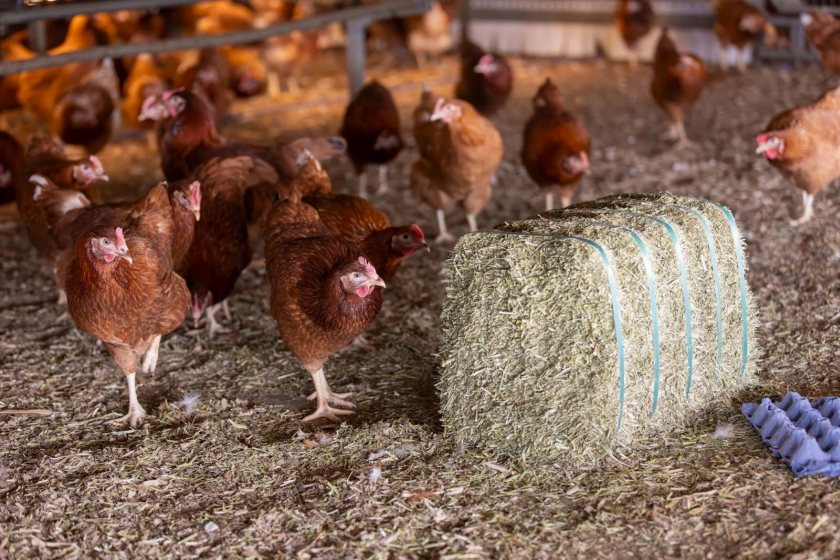
RSPCA Assured has announced it will offer a 'flexible approach' to its on-farm assessments to help farmers through the challenging avian influenza season.
It means that in certain circumstances - for example where there’s a compulsory housing order - there will now be alternative options for farmers.
These could a desktop or virtual visit rather than an in-person assessment, RSPCA Assured explained today (10 January).
The assurance scheme said that the poultry sector was facing a 'new reality' of increased bird flu outbreaks.
As part of other measures to help its members, new advice and support will be issued to help producers combat the disease.
Its website also has a dedicated area offering detailed information about additional biosecurity measures, advice on contingency planning and improving flock welfare during a housing order.
There have been numerous cases of bird flu in backyard and commercial poultry since November 2024, mainly in Norfolk and East Yorkshire, where a mandatory housing order for poultry farmers and bird keepers is in force.
A spokesperson for the assurance scheme said: “Sadly, we’re all facing a new reality of increased AI outbreaks and we know this is very concerning and stressful for our members.
“We’ve been in touch with our poultry members about the additional biosecurity measures we’ll continue to take when carrying out in-person assessments, and the available alternatives, which we hope they’ll find reassuring.
“We encourage any RSPCA Assured member who has concerns about AI or has any questions to get in touch and we’ll do everything we can to help.”
What are the scheme's biosecurity procedures?
RSPCA Assured assessors will follow each site’s specific biosecurity procedures alongside its own measures, which include:
• Using foot dips, sanitising facilities and wearing foot coverings
• Carrying FFP3 face masks and disposable gloves in case their needed
• If moving between sheds, assessors will follow the members’ lead on where to take off and put on additional PPE
• At the end of the visit, they will remove all PPE in the outer biosecure area and return it to a member for disposal
• If an assessor has parked a vehicle on the main site, they will spray the wheels immediately after the last gate they leave.
